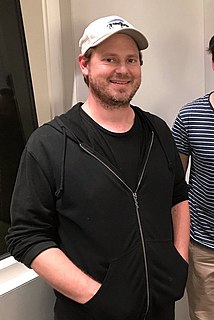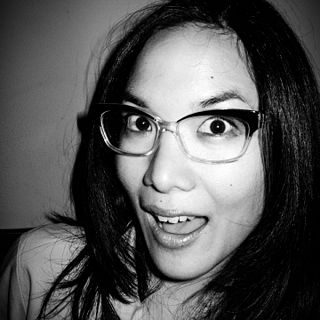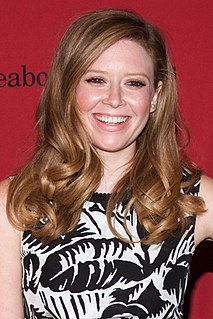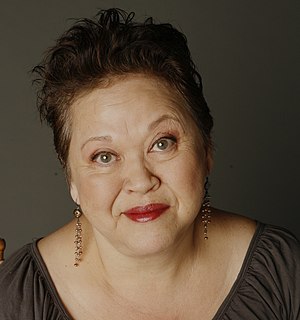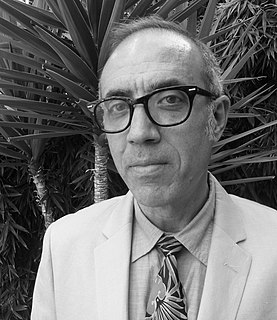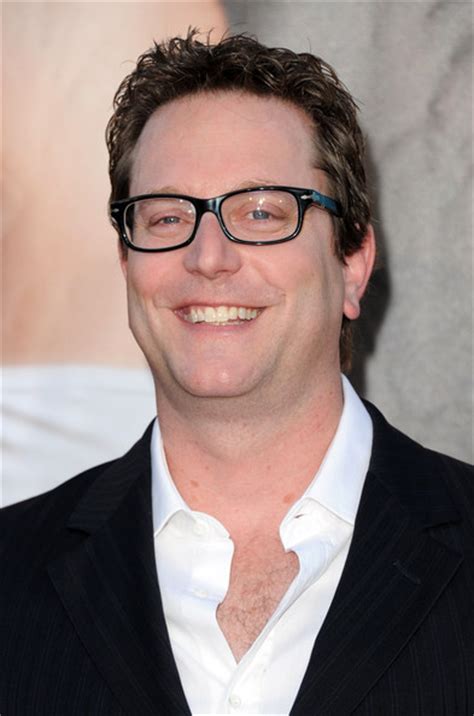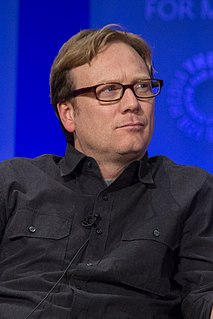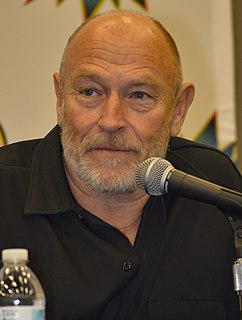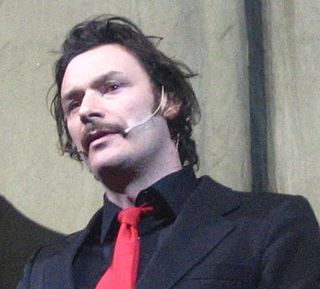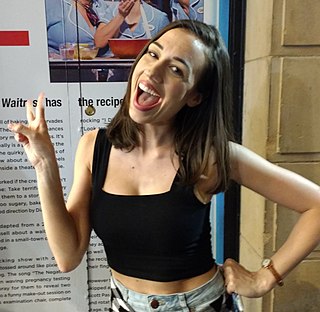A Quote by Tracy Morgan
I do comedy for real people.
Quote Topics
Related Quotes
I think for me, the best comedy comes from when something feels real and genuine, so even though Miranda is this wacky character, there is a real vulnerability to her that we finally get to show in 'Haters Back Off,' and I think that's what makes this comedy rich and more fulfilling, at least for me.

